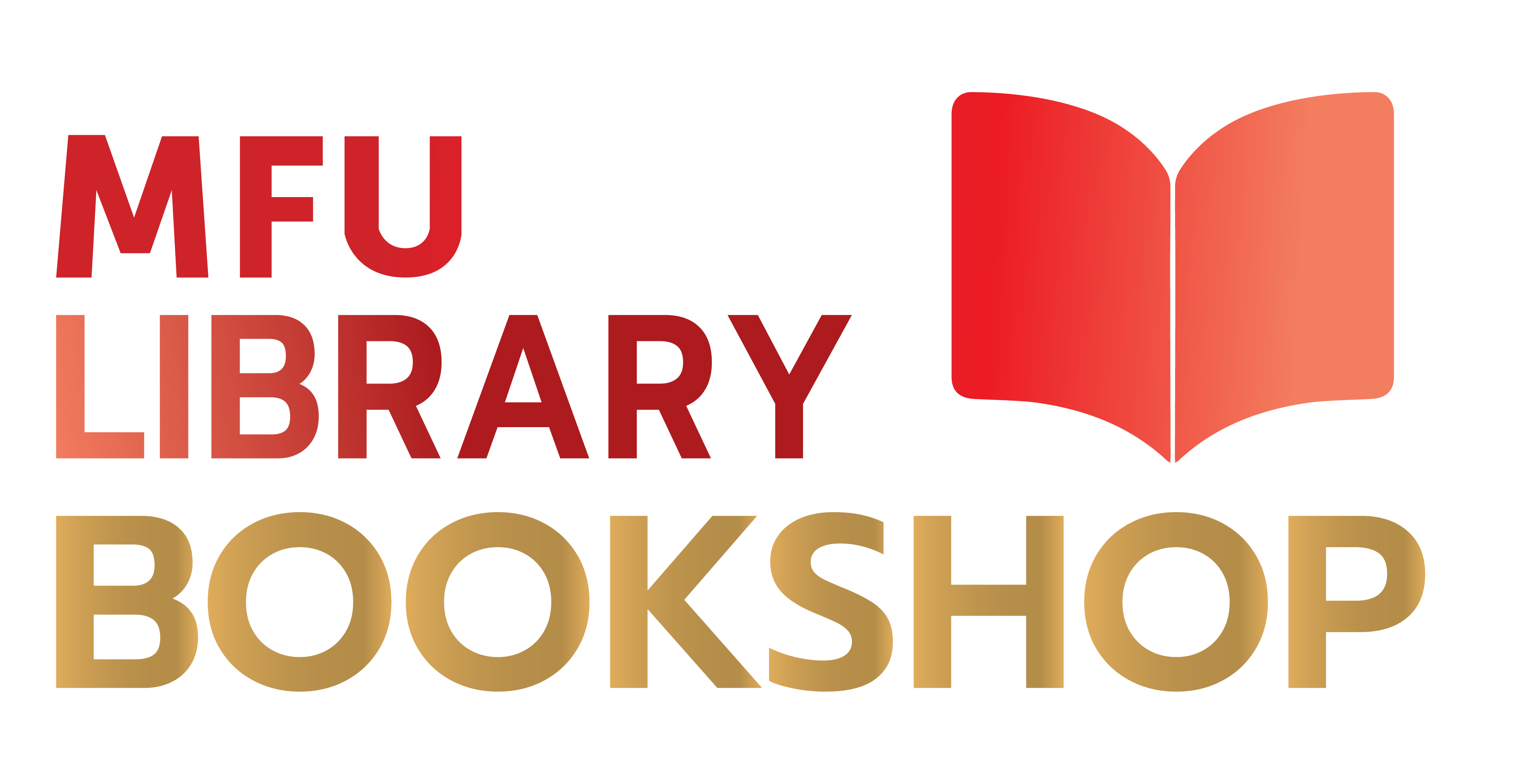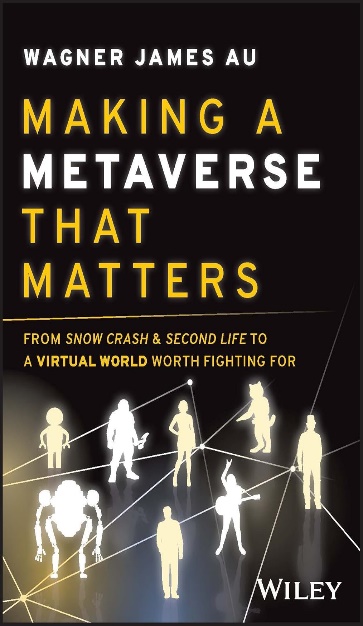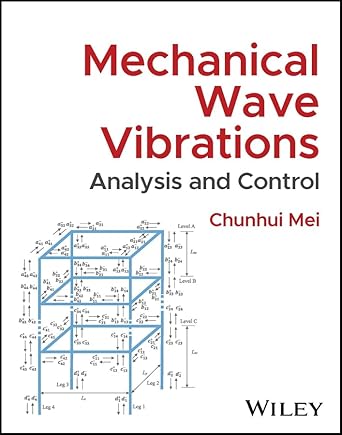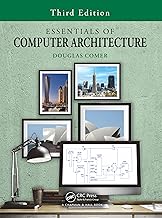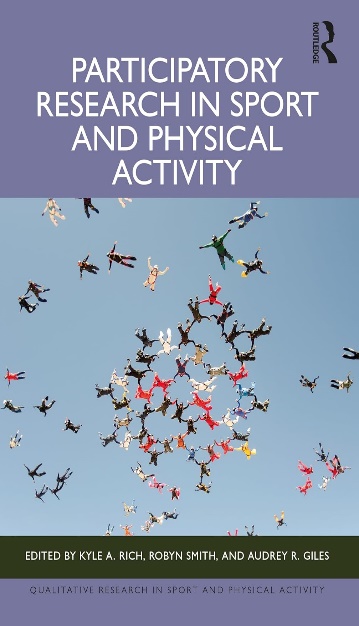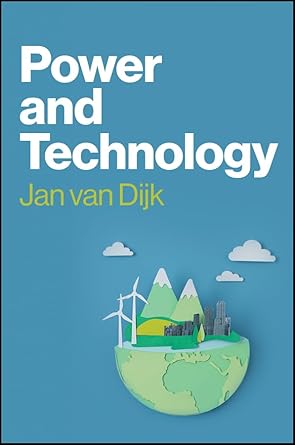
Book
Power and Technology
ISBN : 9781509563685
Author : Jan van Dijk
Publisher : Polity
Year : 2024
Language : English
Type : Book
Description : The definition of power varies across disciplines. Social scientists tend to deal with social power, philosophers of technology with the relation between technology and society, and ecologists with the relation between natural and social power. Concepts of power and technology are freely used but this relationship is complex and multifaceted. In this analytic and ambitious textbook, Jan van Dijk brings these perspectives together to provide a more comprehensive answer. In attempting to integrate social, technical, and natural power into one framework, he develops a general concept of power which unites all three – the first time such an attempt has been made. The author argues that it is important to look at these concepts together: natural power is not simply a resource for technology and society, and its inclusion is crucial given the ecological impact of technologies. Overall, nine forms of power which comprise the framework are discussed in each chapter – force, construction, coercion, domination, discipline, dependency, information, persuasion, and authority – and at all levels (individuals, organizations, and societies). Van Dijk concludes with some practical implications and asks two key questions: how can automatic and autonomous technology such as AI be controlled by humans? And, how can we find a more sustainable and less exploitive technology?
